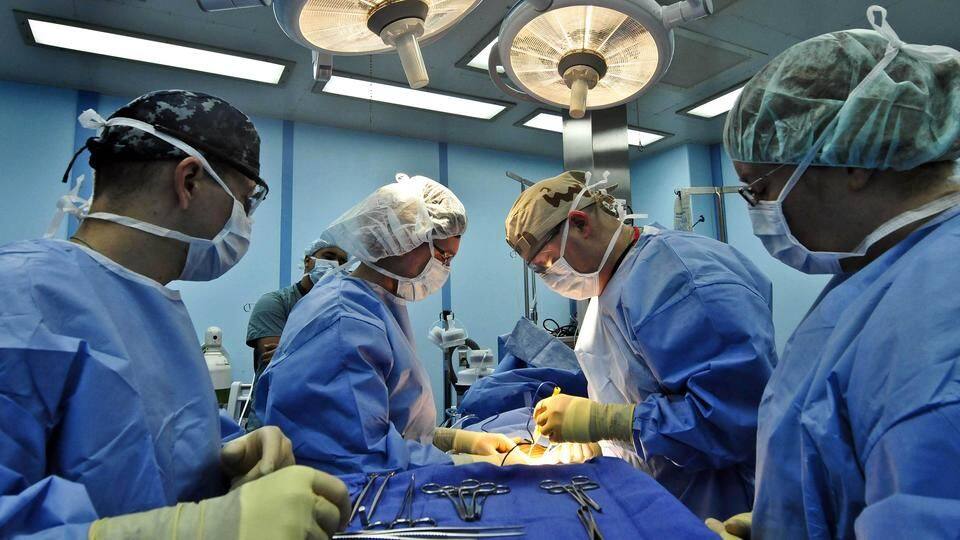
Jaga-Kaliya, miraculous conjoined twins, return to normalcy after separation surgery
What's the story
Twelve days after undergoing the second phase of their separation surgery, Jaga-Kaliya, formerly conjoined twins, are returning to normalcy. Jaga has even started a liquid diet. Kaliya remains on the ventilator for now. A 50-hour surgery in August was the first attempt in India to separate twins joined at the head. The second lasted 19 hours. Read how Jaga-Kaliya have beaten all odds!
Health
Survival of 28-month-old Jaga-Kaliya was getting riskier
The 28-month-old twins, Jaga and Kaliya, belong to Milipada village of Odisha's Kandhamal district. The risk to their lives was gradually increasing due to their condition. Their plight was reported in the media around May-June: they had surprised people simply by surviving despite sharing blood vessels and brain tissue. Then they were brought to AIIMS in Delhi with government assistance.
Phase 1
The first surgery created a record in India
In the first phase on August 28, 40 doctors conducted a 50-hour surgery. Experts were called from Japan. The twins shared veins that take blood to the heart from the brain, so surgeons created an alternative venous channel. Till now, about 50 such procedures have been attempted around the world with a success rate below 25%.
Do you know?
The challenge was ensuring their survival without each other
The second surgery was conducted on October 27. Thirty specialists from AIIMS were overseeing the 19-hour surgery, which went without problems. Recovery would take months, but doctors said the main challenge was to see if they could survive without each other, with separated brains.
Status
Another such Indian pair of twins are now 20
Jaga was taken off the ventilator a week ago. He went outside to a corridor for the first time yesterday. Kalia has also shown improvement in movement of limbs. He will stay in the ICU for sometime. There's another pair of twins joined at the head in India who are surviving without surgery. Twenty-year-old Saba and Farah weren't operated upon because of risks.